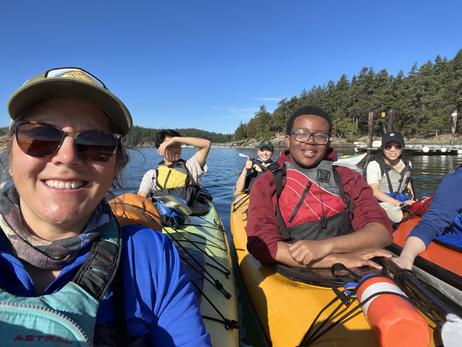Choosing a is a huge decision that can shape your entire
artistic future. These special schools combine serious arts training with strong academics, which
is very different from regular high schools. With so many options available, picking the right one
can feel overwhelming.
This guide breaks down everything you need to know to find the perfect school for your artistic
goals and personal needs.
1. Finding the Right Balance Between Arts and Academics
The best performing arts boarding schools don't make you choose between being a great artist
and a strong student. They offer challenging like AP courses and college prep
programs alongside intensive arts training.
What makes these schools special is how they connect learning across subjects. Your history
teacher might have you research fashion from different time periods if you're studying visual
arts. Your English class could focus on analyzing plays if you're into theater.
Look for schools that require students to meet graduation requirements and prepare them well
for college. Find out how many hours each day students spend on academics versus arts
training (some schools use a ). Check the school's to
see how well they prepare students for the next step.
2. Arts Programs That Match Your Passion
Not every performing arts school offers the same programs or quality of training. Some focus
mainly on music, others on dance or theater. Some schools offer many different art disciplines.
while others specialize in just one or two areas.
You'll want to dig



























